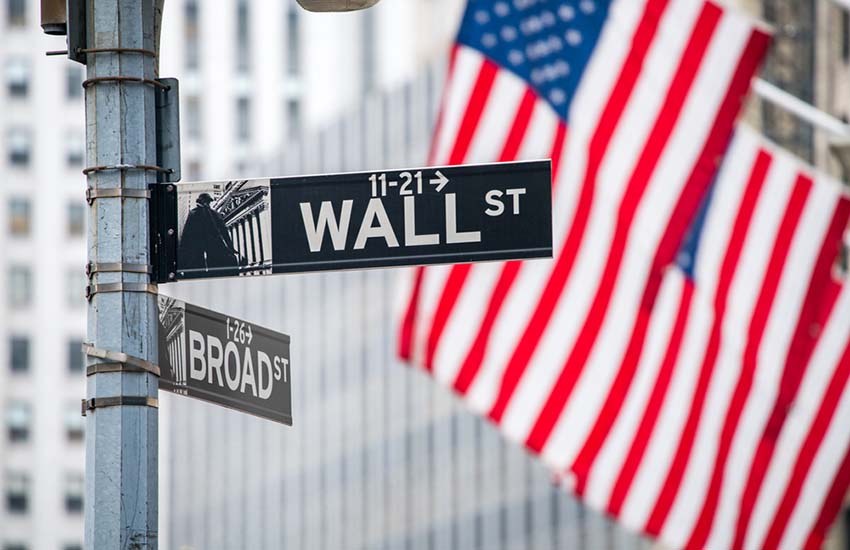Trump May Sign Executive Order Targeting Banks Over Crypto Discrimination

U.S. banks that deny services to cryptocurrency-related businesses may soon face regulatory consequences, as former President Donald Trump is reportedly preparing to sign an executive order addressing “debanking” practices. According to The Wall Street Journal, the draft order aims to prohibit financial institutions from closing accounts based on ideological or political considerations—a move positioned to protect conservatives, crypto firms, and other sectors alleging financial exclusion.
The executive order would direct key regulatory bodies—including the Federal Reserve, the Office of the Comptroller of the Currency (OCC), and the Federal Deposit Insurance Corporation (FDIC)—to investigate whether such account closures violate existing laws such as the Equal Credit Opportunity Act, antitrust statutes, or consumer protection frameworks. Enforcement actions could include fines, consent decrees, or other regulatory penalties.
While not exclusive to digital assets, the initiative aligns with efforts to dismantle what has been referred to as “Operation Choke Point 2.0”—a term used by critics to describe perceived efforts under the Biden administration to disconnect crypto companies from traditional banking services. The original Operation Choke Point, launched in 2013, sought to restrict access to banking for industries deemed high-risk, such as firearms sales.
Crypto industry participants have long claimed that banks use regulatory risk and anti-money laundering concerns as pretexts to deny services. The anticipated executive action is consistent with Trump’s campaign messaging, which included promises to end regulatory hostility toward cryptocurrencies.
The WSJ reports that the order would also require regulators to eliminate internal policies contributing to debanking and direct the Small Business Administration (SBA) to review practices among its lending partners. Furthermore, violations could be referred to the Department of Justice for legal action.
In response to mounting pressure, several banks have revised internal policies and met with Republican attorneys general to affirm non-discriminatory practices. The Federal Reserve, OCC, and FDIC have already pledged to stop using “reputational risk” as a factor in assessing client relationships.
Despite these developments, crypto leaders continue to highlight perceived discrimination. Industry figures such as Marc Andreessen and Tyler Winklevoss have recently criticized banks for restricting access or imposing burdensome fees on digital asset firms, labeling the practice as a continuation—“Operation Choke Point 3.0.”The executive order could be issued as soon as this week, though The Wall Street Journal notes it remains subject to change depending on internal White House deliberations.


